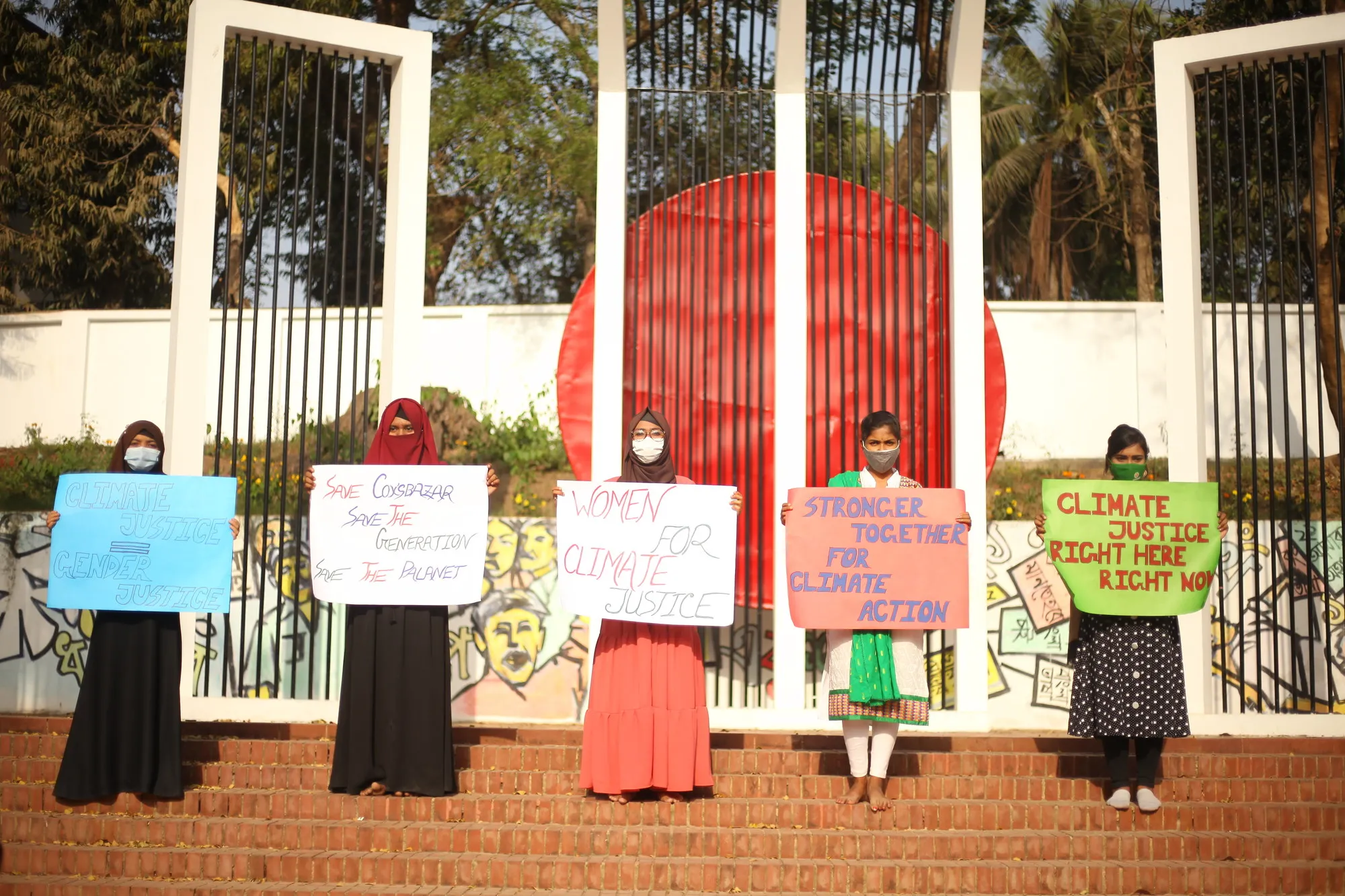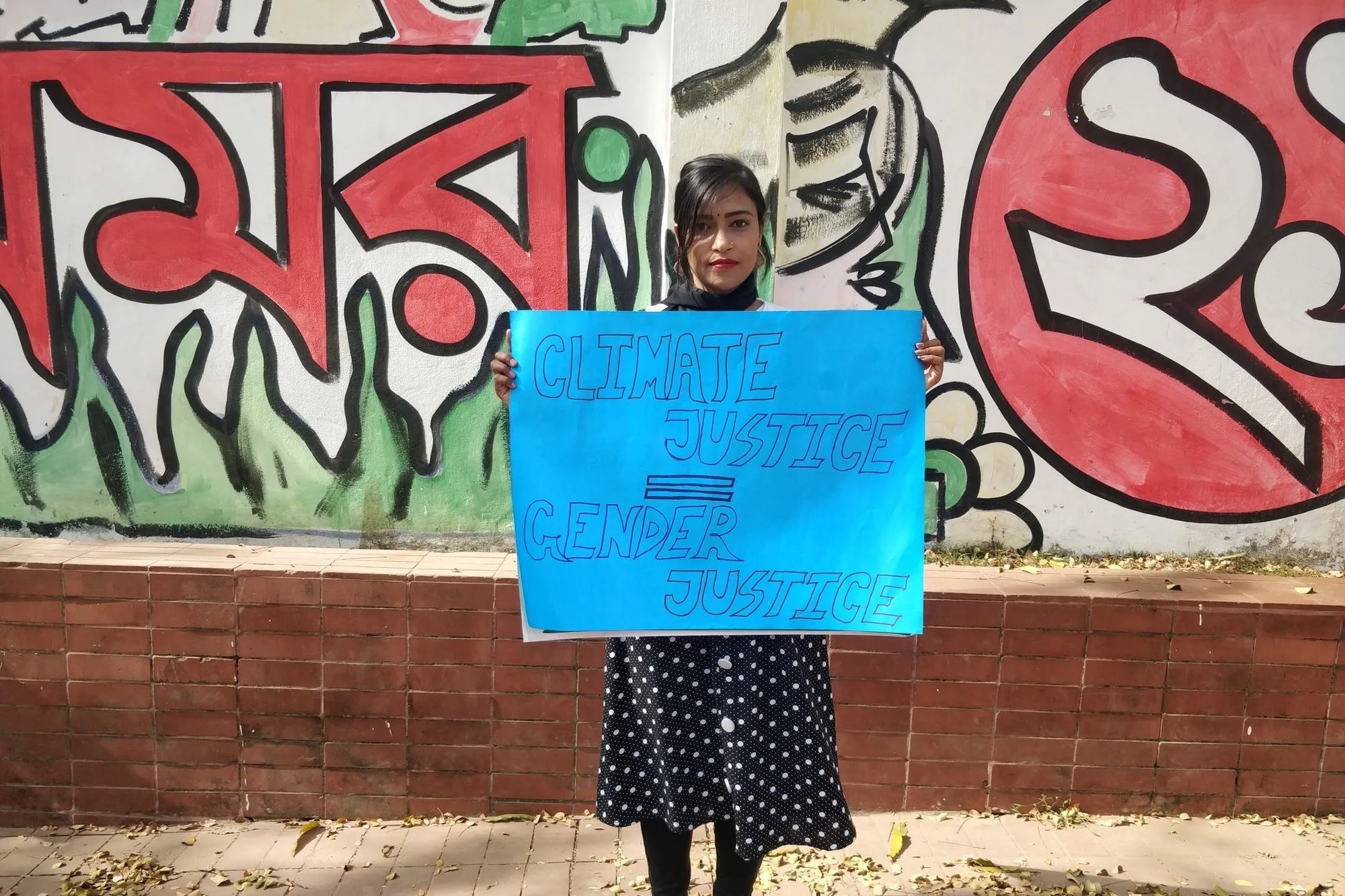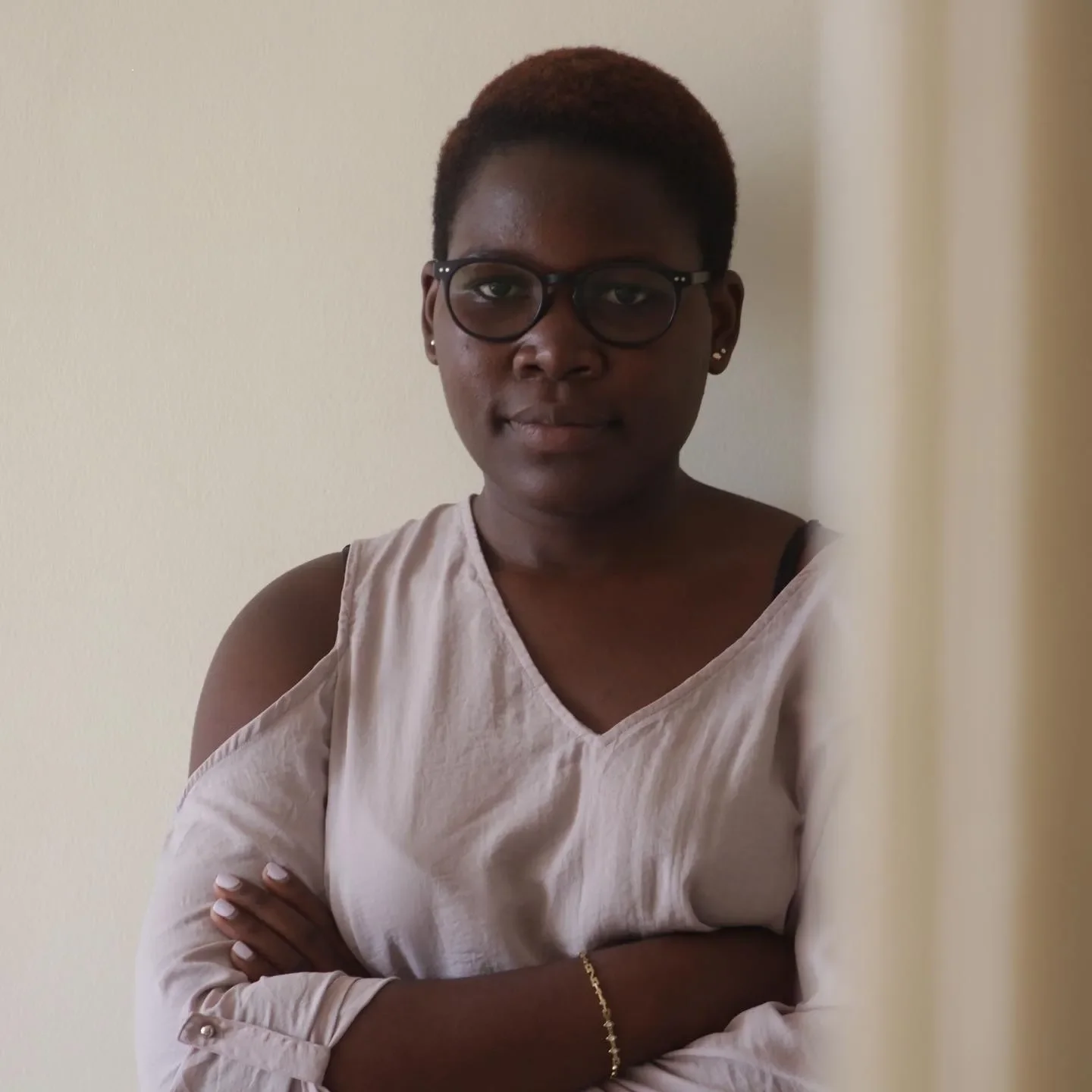DIRCIA SARMENTO BELO FROM TIMOR-LESTE: ‘WE MUST BELIEVE IN OURSELVES’
Where were you and how old were you when you first realized you wanted to work for climate justice?
When I was 12 years old, I read a short story about students’ trip to the rainforest in Care International Timor-Leste’s magazine called “LAFAEK”. It described how children had fun playing in the forest, identifying different types of trees, birds and other wildlife. The story got me to pause for several minutes and imagine myself in that situation, and somehow I could see that would bring me happiness.
I started thinking about going to see any forest in my country, so during the holiday season I asked my grandma to take me to my mom’s hometown, which was far from where I lived in my dad’s hometown down on the coast. My mom’s hometown is up in the mountains and we passed through rainforest to get there. I couldn’t imagine my feeling passing through the rainforest. I don’t know why but my heart always melts when I see the forest. The breeze, the fresh air, the birds singing, it always makes me wonder at it and think how beautiful nature is.
In my childhood, my happiness was also being able to go to the river to swim and catch fish, or to the paddy field where I also went for catching catfish, crabs and shrimp. However, this is something that we are no longer doing today. The river is vanished, the water is dried out, and it’s challenging for us to predict the weather for agricultural purposes.
So, what causes the changes? Reflecting on the changes in my country today, I feel the call to take action and want to work for a climate justice.
What advice would you give other young women who want to work for climate justice?
Women and nature have been sharing a powerful connection in many ways. As giver of life, devoted mother, and thoughtful sisters, we women have the power to protect our earth, and our works are made to do creates sensitivities and empathy. Therefore, we must believe in ourselves.
As a young climate leader, what impacts are you most proud of?
In 2019, I initiated a project called “how can art influence environmental behavior”. We used the Challenge Prize approach to find creative, influential, and powerful arts, especially performing theatre and visual art that would be used as tools to raise public awareness on the environmental problem. This trial project was a great success as most youth groups were interested to take part as art competitors, and more than 200 people participated in the final competition, including VIP guests such as the National Director of Environmental Information and Education, Ambassador of USA to Timor-Leste, representative of New Zealand Embassy to Timor-Leste, and representative of European Union Delegation to Timor-Leste.
After the competition, each group was committed to use the incentive to create impact in their community. As a result, the EWC recognized me as for an Honorable Mention in the Ocean category for the 2020 EWC Earth Optimism Awards: Southeast Asia in the theme of Arts & Media.
Also in 2020, I did an online course on Laudato Si: On Care for Our Common Home to learn about environmental issues and protection from a religious perspective. As a first Timor-Leste Laudato Si Animator, I founded a group of Laudato Si Animators Timor-Leste to inspire and influence more youths to be part of environmental activism in Timor-Leste. Now, we have more than 50 animators.
If you could say one thing to world leaders gathering at the Leaders’ Summit on Climate this Earth Day, what would it be?
Look at the face of someone who just lost their home, then you will understand suffering from their eyes. This is the task of the leader.
In a sentence, what does climate justice look like to you?
We all deserve a healthy environment to live regardless our race, nationality, ages or sex. This is the basic right of a human.
Dircia Sarmento Belo is from Dili, Timor-Leste and she works to support awareness-raising and behavioral change activities. She is a youth leader and activist with the Timorese Youth Initiative for Development and Laudato Si Animators Timor-Leste youth groups. She also currently works for UNDP as an environmental consultant on recycling projects. You can find her on Facebook here.







